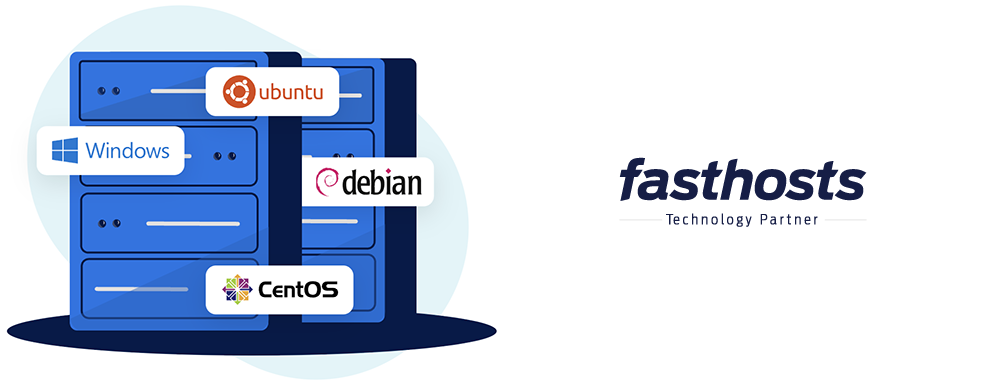Tag: Hosting
All articles tagged with Hosting.
All articles tagged with Hosting.
As a Fasthosts technology parter, I was lucky enough to tour the Fasthosts data centre last December. During the tour, I learned that they were planning on improving their VPS product this year with 1Gbps bandwidth and new storage VPS plans.
Even with the knowledge of the improvements they were planning to make, I was excited when they announced a brand-new “2nd edition” VPS. After purchasing one, I discovered they are running on an entirely new platform, which is free of VMware.
In this article, I’ll review Fasthosts’ new “Edition 2” VPS offering, much like I reviewed the 1st edition.

I have hosted my website and applications on a Fasthosts VPS since September 2019. Each year, I have upgraded my VPS to a current model.
What has kept me hosting with Fasthosts for nearly 3 years, and confident in their services that I can recommend them to others?
This article answers those questions and dives into the Fasthosts VPS product to create an honest review from a real, current customer.
My first post of 2019 is a tutorial that’s all about the cloud.
I’m going to show you how to deploy a PHP application with a MySQL database on a cloud server from UpCloud. I’ll be using the brilliant RunCloud control panel to deploy my PHP photo gallery – Blue Twilight – to an UpCloud server.
My friends over at UpCloud have provided an awesome promo-code for free credit to try out their service. Details at the end of the article.
DevOps , Software Development Read more
My new hosting provider (blog post on that coming soon!) has notified me of 2 maintenance windows next week:
The first window specifically targets the VPS platform, and will see my server powered down and migrated to new infrastructure.
The second window will see an upgrade to the core network adding additional capacity and DDOS protection.
The Ubuntu team will this week release Ubuntu Server 18.04.1, the first minor revision to 18.04 since its release on April 26th.
Following the release on July 26th*, Ubuntu 16.04 machines everywhere will soon start to get notifications that a new release is available to upgrade to.
In this article, I’ll show you how to upgrade Ubuntu 16.04 to 18.04 using the command-line. This can be used on all Ubuntu derivatives, but is mostly aimed at Server installs that do not have a graphical interface.
Ubuntu Server is a Linux distribution that is ideally suited to server workloads. For example: hosting websites and web applications.
In this tutorial, I’m going to show you how to install a LAMP stack – that’s Apache, MariaDB (in place of MySQL) and PHP – on Ubuntu Server using the latest available releases, and how to keep it up-to-date.
DevOps , Software Development Read more
There are several scenarios in which you may want to redirect all your website visitors to a single, primary domain in Apache:
I have recently implemented the following on my own website, and I would like to share this Apache trick.
DevOps , Software Development Read more
It’s the year 2018 and it’s impossible for a software developer to have not heard about (or used) Github, or a variant like Bitbucket. Even self-hosted Git evangelist GitLab is a popular choice.
At the start of February 2018, I provisioned a new Cloud VPS to run my website and other apps. I also chose to migrate all my private Git repositories to it and cancelled my paid Github subscription.
This article explores the reasons why I went self-hosted.
DevOps , Software Development Read more
2017 was an exciting year for the bigger players in the cloud hosting arena.
With all these improvements in cloud hosting, I thought it would be interesting to focus on a key metric of hosting providers that many overlook: network speed.
Most modern cloud hosting providers give your dedicated server or VPS a 100Mbps or 1Gbps network connection. But how close can you actually get to that speed?
DevOps , Software Development Read more
Content Delivery Networks were created for one reason: to speed up your websites and web applications. In this article, I explore how you can take advantage of Content Delivery Networks (CDNs) to improve your website performance for a small cost.